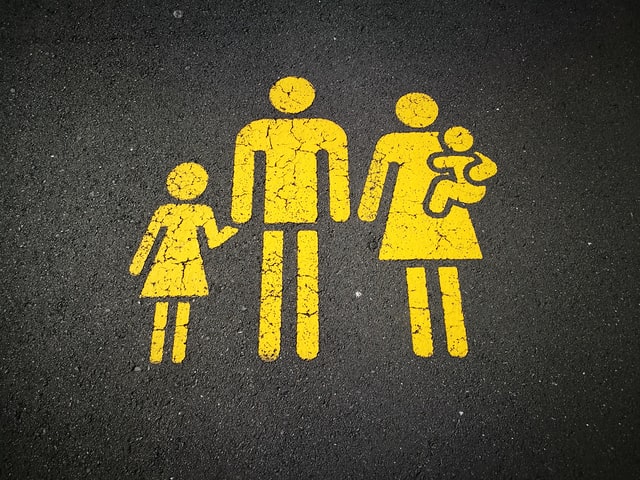Groundbreaking Workshop on AI and Technology-Facilitated Gender-Based Violence at AWiM24
Trending
Friday May 30, 2025
Trending

“Will you stop talking to your brother like that, don’t you know you’re a girl?”
“Whatever your brother says or does to you, don’t ever fight or talk back at him, remember you’re a girl.”
“You should be the one doing the house chores, don’t wait for your brother, he’s a boy and shouldn’t be doing such chores.”
These are some of the statements almost every girl child raised in Nigeria is conversant with and have probably learnt to live with.
The fact that such statements come from parents who head the family, which are one of the major agents of socialization and also opinion leaders is unfortunate. It leaves one doubting the possibility of achieving gender equality.
A popular quote by Qingrong Ma goes like this, “The only way to solve the problem of women’s subordination is to change people’s mindset and to plant the new idea of gender equality into every mind”.
The most fertile ground for planting gender equality is in the minds of young boys and girls who are yet to form views on such issues. They still look up to their parents as opinion leaders to imitate their lines of thought.
A 2009 research study by Laura E. Berk Et al showed that children at an early age demonstrate stereotyped beliefs about the gender roles that are dominant within their culture.
Parents consciously or unconsciously train their female children to see themselves as weaker vessels who must be nice regardless of the situation and learn not to fight back or speak authoritatively simply because they’re girls.
On the contrary, boys are trained to stand up to their efforts, be independent, not be scared of things and most importantly, not to cry.
When we speak about patriarchy, it could mean a hierarchical system where the value of the female sex is diminished by tradition, religion, culture etc., while the value of the male sex is given unreasonable preference. It could also mean a lifestyle marked by the supremacy of the male figure and the legal dependence of the female figure.
There is no denying that this system exists in Nigeria and Africa at large and has been continuously transferred from one generation to another through several agents of socialization including the family.
A young girl comes home from the playground crying and complaining about a certain bully who won’t let her play with her desired toys, her mother tells her to always keep calm and not fight the said bully because a girl is not meant to fight. Instead, she should simply leave the toys and look for other ones or better still return home to do house chores.
But her male sibling comes home with a similar complaint and the mother gets mad at him for crying instead of fighting for what is rightfully his. She tells him boys don’t cry and so should dare not cry home next time but stay and fight his battles while learning to be independent.
The story above clearly depicts the circumstances surrounding the girl child in our society where parents encourage gender inequality through assigning roles based on gender as well as treating male and female kids differently thereby instilling the idea of male supremacy.
The girl is asked to go watch the mother in the kitchen and learn how to cook while the boy is at the same time allowed to watch the television and play video games at the same time.
A child who is exposed to such actions and worldviews is more likely to grow up adding to the ever-growing rate of gender inequality and is more likely to inculcate the same in her/his children leading to an endless cycle.
Gender roles that emphasize women’s capacity for nurturance and men’s leadership capabilities have translated into the expectation that women are best suited for domestic tasks, such as childcare and housework, while men should be the primary breadwinners best suited for professional roles.
To win the battle against gender inequality, we must all go back to the drawing board and educate our children against stereotypes and discrimination. Parents need to be role models at home by showing their children that anyone can perform a given household chore without putting a gender tag on duties.
Remember gender equality education begins in early childhood.
This article is part of African Women in Media (AWiM) Graduate Trainee Programme in collaboration with FOJO Media Institute
We’re not gonna spam. We’ll try at least.

Copyright 2020. African Women In Media
Copyright 2020. African Women In Media
Recent Comments